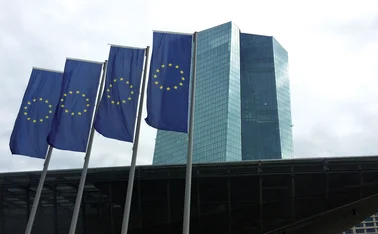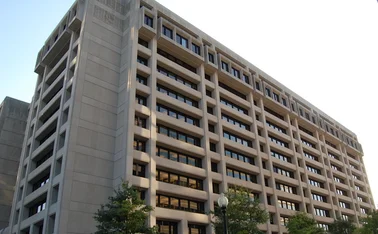
Nigeria’s woe signals decoupling not in sight

Evidence of significant cross-country spillovers from the United States and other major trading partners to Nigeria points against the decoupling theory, new research from the International Monetary Fund posits.
The analysis shows that the global crisis led, in the case of Nigeria, to sharp declines in the value of oil exports, rapid depreciation of the exchange rate, and worsening investor sentiments in the banking sector. The research finds that the most dominant channel of spillovers from US
Only users who have a paid subscription or are part of a corporate subscription are able to print or copy content.
To access these options, along with all other subscription benefits, please contact info@centralbanking.com or view our subscription options here: http://subscriptions.centralbanking.com/subscribe
You are currently unable to print this content. Please contact info@centralbanking.com to find out more.
You are currently unable to copy this content. Please contact info@centralbanking.com to find out more.
Copyright Infopro Digital Limited. All rights reserved.
You may share this content using our article tools. Printing this content is for the sole use of the Authorised User (named subscriber), as outlined in our terms and conditions - https://www.infopro-insight.com/terms-conditions/insight-subscriptions/
If you would like to purchase additional rights please email info@centralbanking.com
Copyright Infopro Digital Limited. All rights reserved.
You may share this content using our article tools. Copying this content is for the sole use of the Authorised User (named subscriber), as outlined in our terms and conditions - https://www.infopro-insight.com/terms-conditions/insight-subscriptions/
If you would like to purchase additional rights please email info@centralbanking.com
Most read
- Trends in reserve management 2024: survey results
- People: RBI appoints senior officials
- China to start selling ultra-long term sovereign bonds







